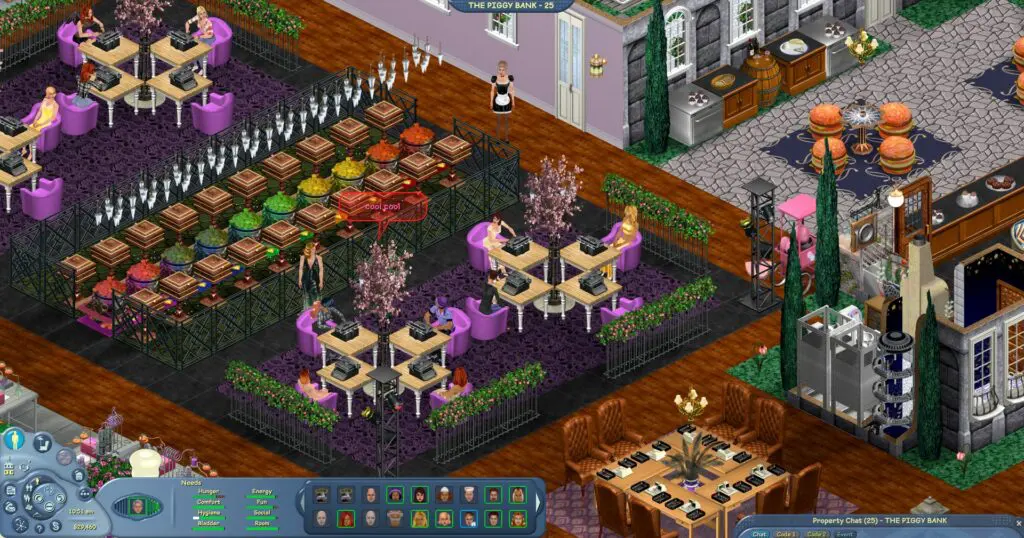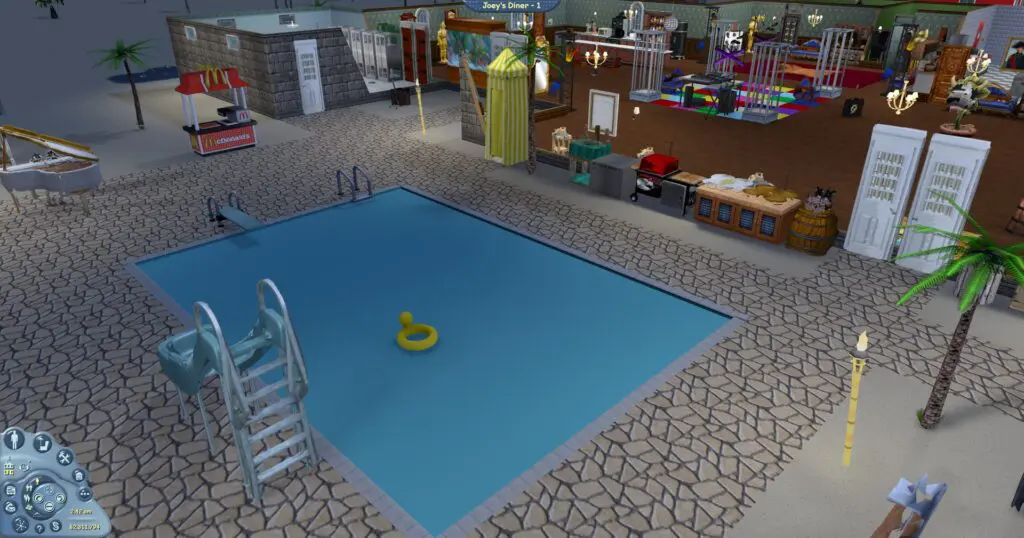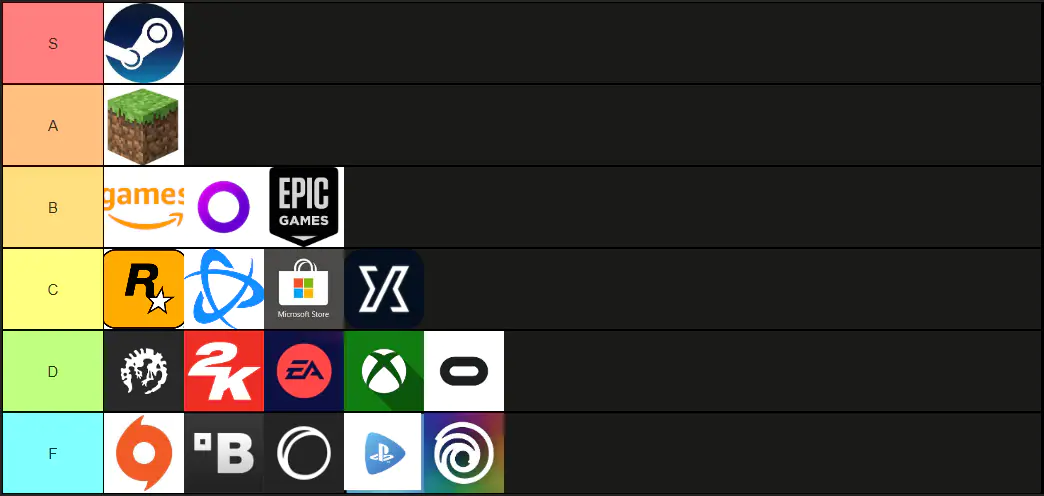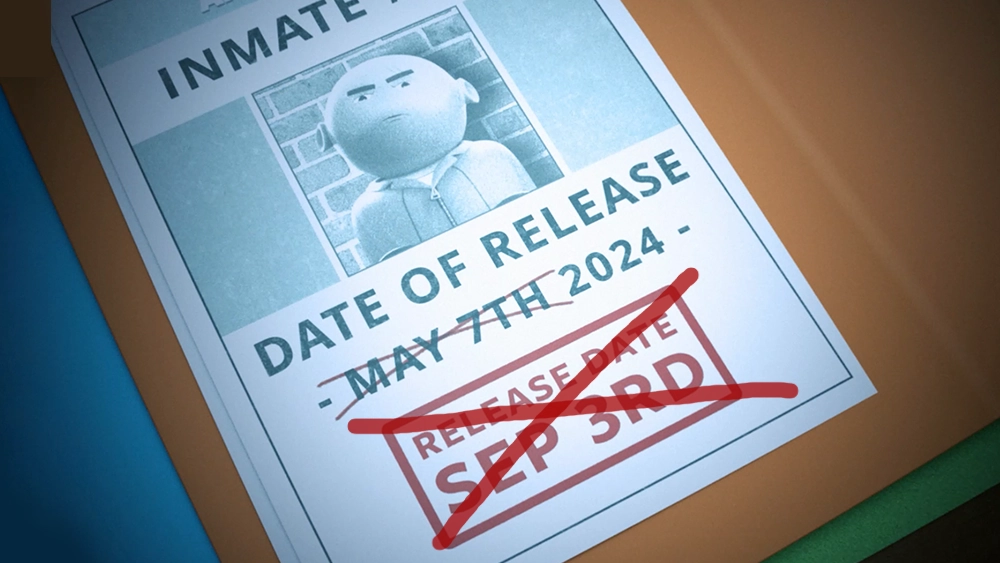The Sims Online, launched in 2002 by Maxis and EA Games, was a groundbreaking experiment in online gaming, bringing the beloved life-simulation concept of The Sims into the multiplayer realm. At a time when MMORPGs were heavily dominated by fantasy or sci-fi worlds, The Sims Online stood out uniquely as a virtual life sandbox, allowing players to build homes, run businesses, host parties, and forge lasting relationships with real people in an entirely player-driven virtual economy. It also fueled deviant behavior, specialized in boring, grindy gameplay, and a general disdain for players who dared to sign up and try to enjoy themselves.

Mixed Reviews
Among the game’s brightest points was its tight-knit, highly engaged community. Players gathered for weddings, fashion shows, trivia nights, and even protests – events that were entirely community-created and driven. This player-led culture was remarkable for its time, fostering an inclusive, creative, and remarkably dedicated user base. Friendships formed in-game often transcended the virtual world. It was even featured in several episodes of G4/TechTV’s show “Portal” and also reviewed on XPlay and generally well overall. People played the game in the background of their own lives, typically for many hours at a time. Why is this relevant? Well…
Despite its visionary potential, The Sims Online faced considerable hurdles. Surprisingly minimal advertising meant many gamers remained unaware of its existence. Compounding the issue, the game suffered from a lack of consistent updates or expansions, leaving the community starved for new content. Odd bugs, a broken in-game economy, and aging visuals meant that even if the game was discovered it was stuck in the past.
This unfortunate neglect was perhaps the most significant missed opportunity; had more been invested more into ongoing development and marketing, the game could have been a precursor to modern multiplayer life-simulations. Attempts to give the game life again after rebranding it to EA Land were short lived and half-assed and resulted in closure in August of 2008. There just wasn’t – and still isn’t – anything like this game, even with its many flaws.
We Want More!
Today, the viability of such a game is undeniable. The explosive growth of life-sim and multiplayer online games, coupled with gamers’ willingness to embrace subscription models and mobile platforms, positions The Sims Online concept perfectly for today’s market. Titles like Animal Crossing, Roblox, and Second Life have demonstrated substantial and sustained popularity, highlighting a clear audience appetite for virtual social experiences. Think of it like a game engine more than a game itself. Give the players the tools and let them build the kingdom. Just make sure to charge them for the privilege!

Further testament to the enduring love for The Sims Online is the passionate revival efforts such as FreeSO, a community-driven project that not only restored the original game but expanded it dramatically. FreeSO has introduced a 3D mode, custom launcher, new dev tools, fresh content, and quality-of-life improvements, breathing new life into the once-forgotten gem. Such efforts strongly indicate both a nostalgic appreciation and a continuing market demand. FreeSO itself shut down recently due to wanning interest from the lead developer, however the source code remains open for community servers to spring up, like the ever-popular Sim Nation.
Reflecting on The Sims Online now, it’s clear the game was ahead of its time. Its spirit live on not only through fond memories but through vibrant communities actively building upon its foundation (or its ashes?). A modern revival, whether officially from EA or through dedicated community projects, could easily thrive today, capturing a new generation of players while rekindling the passion of its original fans. The Sims Legacy release proved that the classic games still hold up with a little TLC, maybe we’ll get something special soon?
(P.S. On a side note, watch that Portal show, it was also way ahead of its time)




